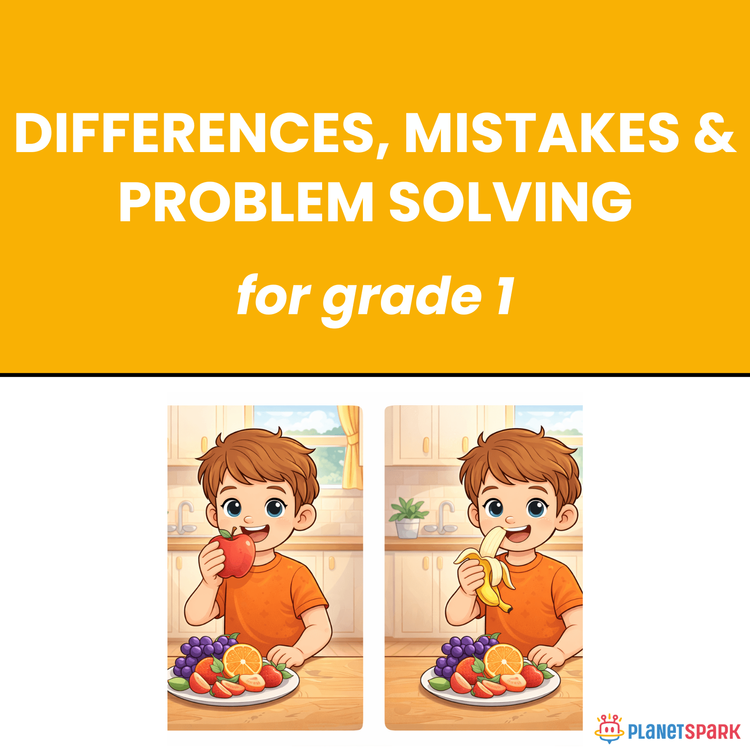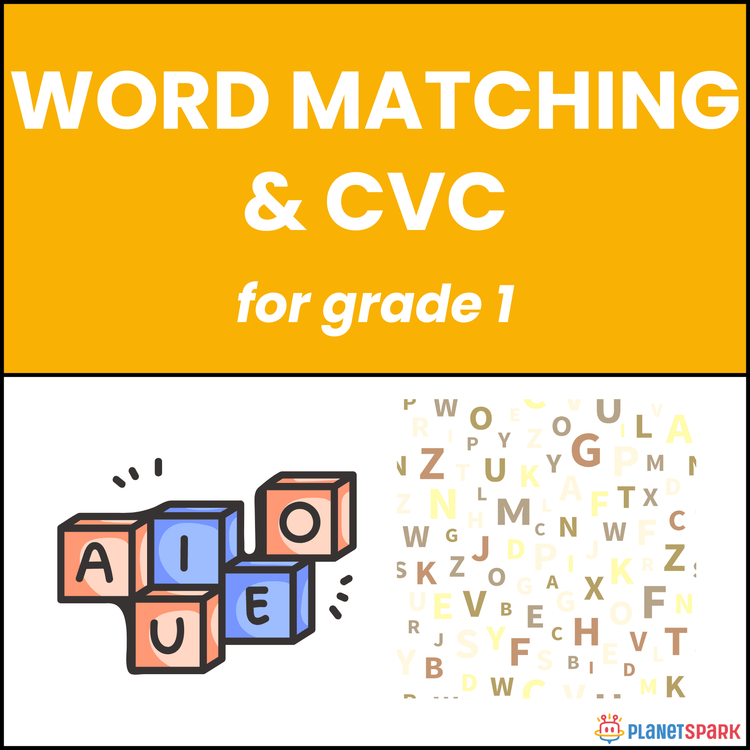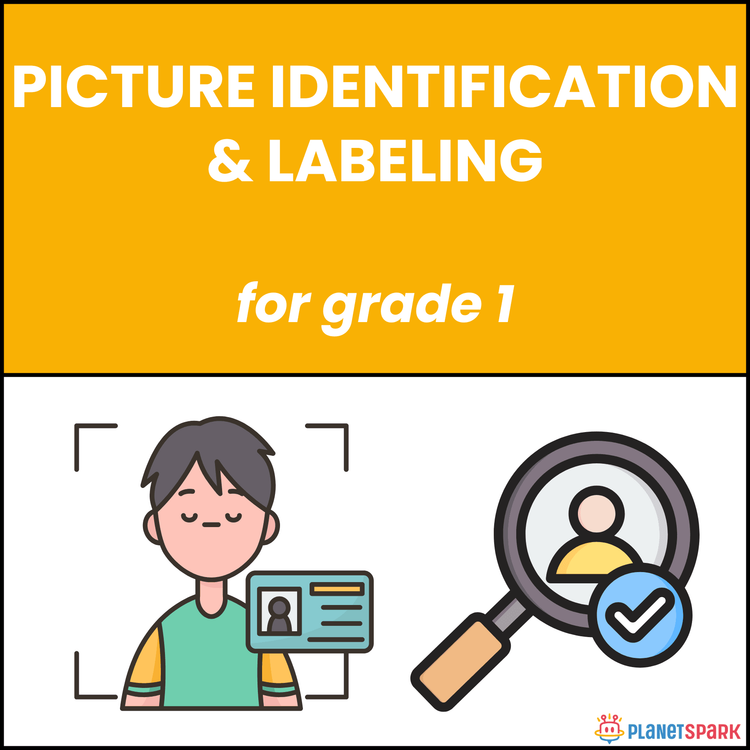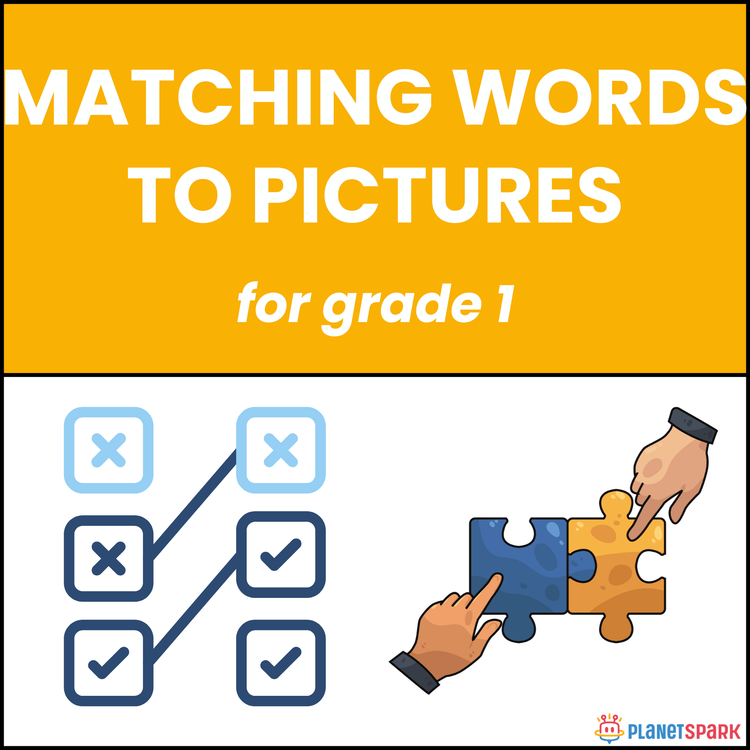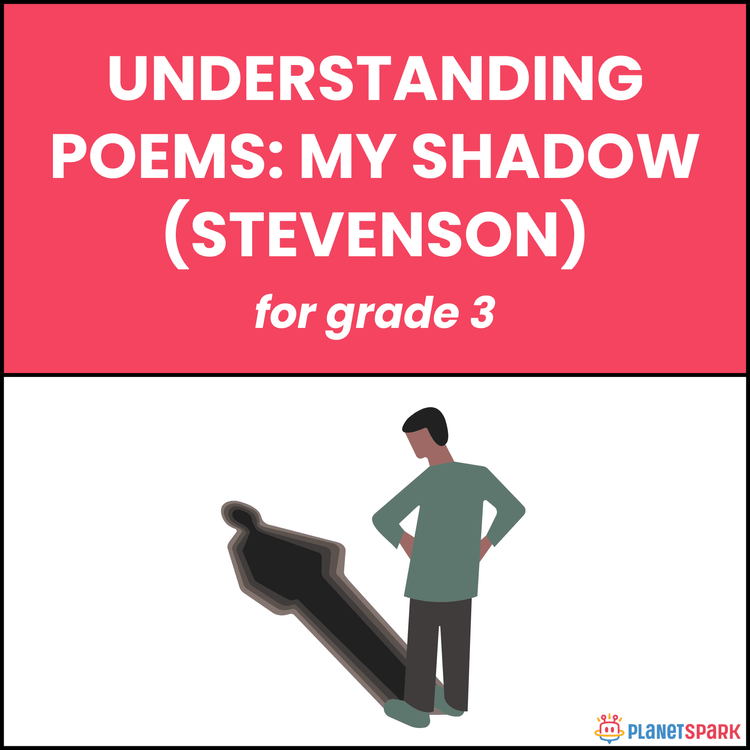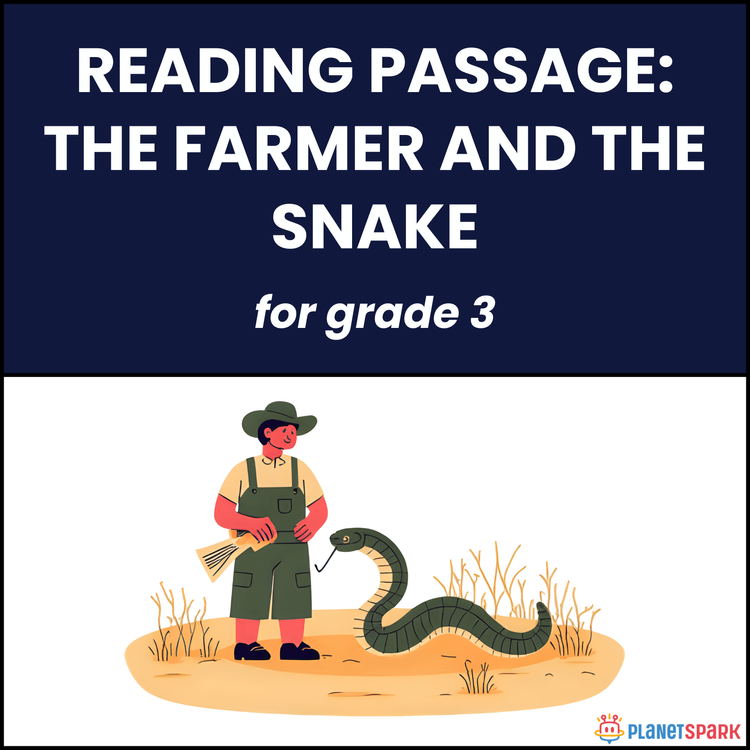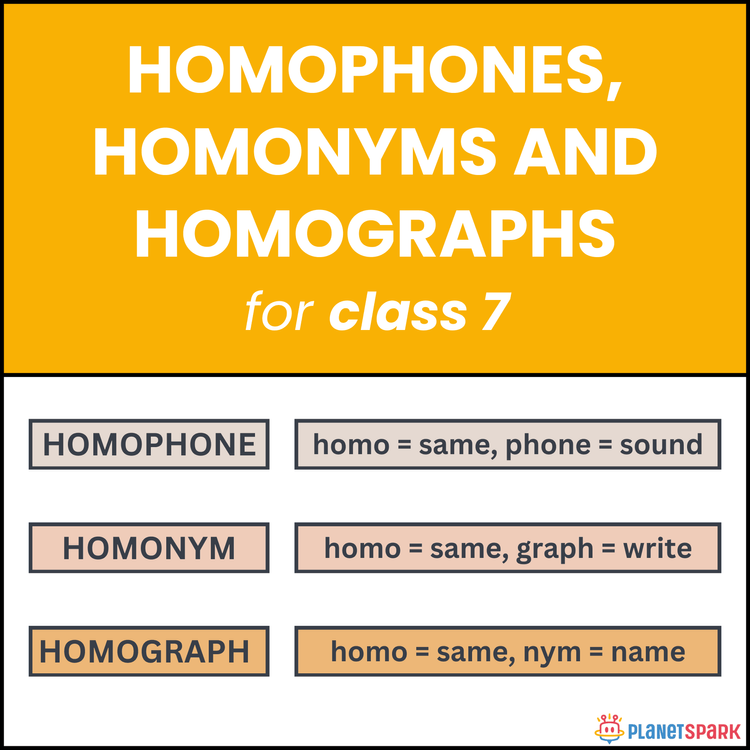Opposite Words – Class 1 Grammar Practice


Opposite Words – Class 1 Grammar Practice
Opposite Words (Antonyms): English Worksheet for Class 1
Help your child understand contrast and comparison with this engaging English worksheet on opposite words—also known as antonyms—for Class 1. This activity strengthens vocabulary and sentence-building by encouraging children to think about how words relate to one another in meaning.
Why Opposite Words Are Important:
Understanding antonyms, or words with opposite meanings, helps children expand their vocabulary and sharpen their thinking. Knowing how to describe what something is not gives young learners the ability to compare, contrast, and communicate more clearly.
What Makes This Worksheet Unique:
📝 Real-Life Contrast Examples:
Children complete each sentence using a word that means the opposite of the one given. For example: The water is hot, but the ice is ___.
🎯 Simple Language, Strong Impact:
Words like clean–dirty, happy–sad, and soft–hard are introduced through familiar experiences, helping students grasp the concept of opposites more naturally.
📚 Aligned with Early Learning Goals:
Perfect for CBSE, ICSE, and other educational boards, this worksheet supports foundational grammar and vocabulary development through child-friendly examples.
🎨 Encourages Logical Thinking:
Children learn to think critically about relationships between words, improving their comprehension and expression skills in both written and spoken language.
Expected Learning Outcomes:
After completing this worksheet, your child will:
1. Recognize and apply common opposite words (antonyms) in context.
2. Improve descriptive vocabulary and grammar fluency.
3. Think more clearly about comparison and contrast in everyday situations.
4. Develop stronger reading and sentence formation skills.
✅ Help Your Child Practice Opposite Words with Confidence
Download this Class 1 English worksheet on opposite words (antonyms) and help your child develop a deeper understanding of language through contrast-based learning.
✅ Answer Key (For Parents & Educators)
1. The water is hot, but the ice is cold.
2. The elephant is big, but the mouse is small.
3. My hands were dirty, now they are clean.
4. The rock is hard, but the pillow is soft.
5. The sun is bright, but the room is dark.
6. She is happy, but he is sad.
Match opposite words using bright images and clear comparisons.
Frequently Asked Questions
Opposites are words with contrasting meanings like up/down or big/small.
It sharpens understanding of word meanings and improves comprehension.
By using clues, illustrations, and simple word pair activities.
